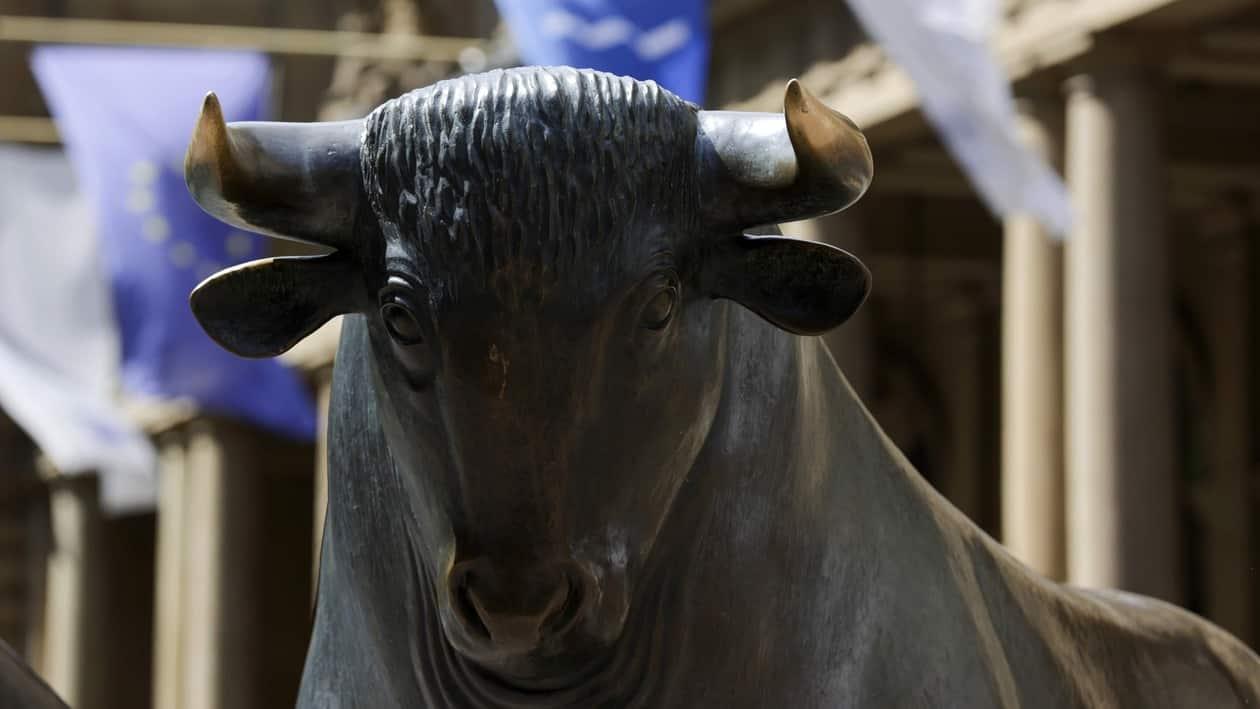John Maynard Keynes, a well-known British economist, created the phrase "animal spirits" to explain how individuals make financial decisions during difficult or uncertain economic times, including purchasing and selling assets. It stands for the feelings of assurance, optimism, anxiety, and pessimism that can influence monetary choices, which in turn can either support or restrain economic progress.
The concept of "animal spirits" is always evolving; some economists and scholars believe in it, while others do not. Famous economists George A. Akerlof and Robert J. Shille conducted similar studies that gave the idea of animal spirits a fresh perspective. They named four social psychological elements as "animal spirits" once they were discovered.
The primary factor influencing economic behaviour and decision-making is confidence. In situations like the Great Recession, where decision-making lacked a solid foundation and rationale, confidence took centre stage. Even if the market's fundamentals are insufficient to support this ascent, the market will eventually move into a bullish phase if animal spirits are high and feelings like confidence, hope, and optimism are prevalent. However, even if the company's fundamentals are excellent, the market will eventually tumble if these spirits and confidence levels are low.
In the financial markets, the bulk of investors make judgments based on their instincts and general psychology. Investors frequently purchase and sell stocks based on "traditional valuation" rather than doing a thorough examination of a specific stock or company and examining the future possibilities. Such traditional pricing results from the herd mentality of many uneducated investors, which causes everyone to follow suit and make decisions based on emotion rather than reason. In fact, some experts assert that during uncertain times, individuals only trust their inner selves and intuitions, thus industry/company knowledge "amounts to little and sometimes to nothing."
Some economists have criticised the animal spirit idea, saying that markets are still effective and that individual irrationality doesn't matter in the big picture. The animal spirits thesis effectively upsets the efficiency and rationality presumptions, much like behavioural economics. Other proponents contend that rather than being the consequence of mass psychology, bubbles are caused by excessive central bank engagement and regulation, which stifle economic development and disturb market equilibrium.
